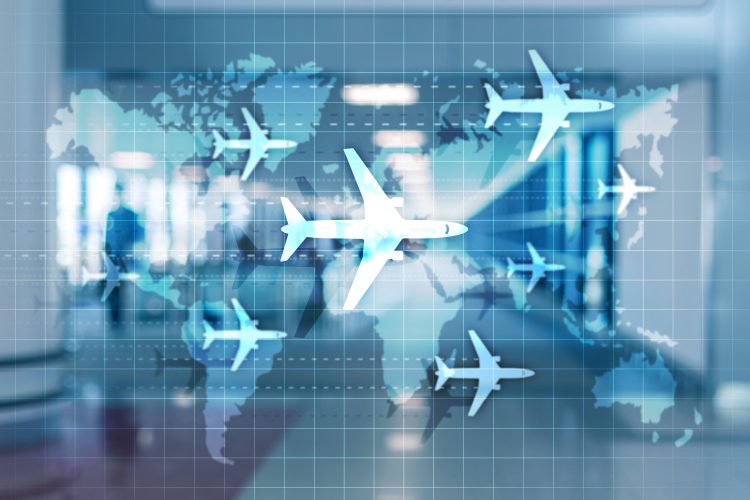ERA calls for de-escalation in negotiation of transatlantic trade relations
- Like
- Digg
- Del
- Tumblr
- VKontakte
- Buffer
- Love This
- Odnoklassniki
- Meneame
- Blogger
- Amazon
- Yahoo Mail
- Gmail
- AOL
- Newsvine
- HackerNews
- Evernote
- MySpace
- Mail.ru
- Viadeo
- Line
- Comments
- Yummly
- SMS
- Viber
- Telegram
- Subscribe
- Skype
- Facebook Messenger
- Kakao
- LiveJournal
- Yammer
- Edgar
- Fintel
- Mix
- Instapaper
- Copy Link
Posted: 8 April 2025 | Holly Miles | No comments yet
The European Regions Airline Association (ERA) urges leaders in the European Union and the United States to take immediate steps to ease trade tensions that could harm one of the most interconnected global industries – aviation – and disrupt vital regional air links in both Europe and the US that are crucial for local communities and economies.


Aviation serves as a vital link between people, businesses, and communities worldwide. Disruptions to this essential industry can trigger economic and political consequences that extend well beyond airlines alone.
At the heart of global aviation lies the transatlantic partnership. Few industries are as closely interwoven between the EU and the U.S.. Imposing additional tariffs on aircraft and aviation components threatens this foundational relationship says the European Regions Airline Association (ERA). The strength of the aviation sector depends on smooth, cross-border cooperation—and any disruption risks undermining the shared geopolitical influence of the Western alliance.
European airlines have placed significant aircraft orders with both Airbus and Boeing, the world’s two largest manufacturers, reflecting the industry’s truly global nature. The imposition of additional duties on new aircraft would impose severe financial burdens on both EU and U.S. airlines, while also slowing fleet modernisation efforts and impacting efficiency and sustainability targets.
Equally, aviation depends on a complex network of maintenance, repair and overhaul (MRO) services spanning both continents. Aircraft parts must comply with strict airworthiness regulations, undergo frequent repair cycles throughout their lifespan, and are often serviced in specialised facilities located across the Atlantic. As a result, the same aircraft part may cross borders multiple times during its service life. Additional tariffs on spare parts would further disrupt the aviation supply chain, increase operational costs and potentially impact flight safety and reliability.
Most importantly, the effects of these trade tensions will be felt not just at the highest political levels but by communities across Europe and the U.S., particularly those in regional areas. The connectivity that regional airports and airlines provide is essential for economic development, tourism and access to vital services. Tariffs and the resulting increases in operational costs could force regional airlines operating with already thin margins to withdraw from certain routes or raise ticket prices, reducing accessibility to certain destinations. This could significantly impact the most vulnerable regions that depend on reliable air travel for everything from business opportunities to essential social services such as education or healthcare access.
Montserrat Barriga, Director General, ERA, said: “Aviation has always been a driver of global co-operation, trade and mobility. ERA urges policymakers on both sides of the Atlantic to recognise the strategic importance of maintaining a stable and open aviation marketplace, free from unnecessary trade barriers creating further financial and supply chain constraints – one that fosters economic growth, innovation, and the continued wellbeing of local regions that rely on regional air links.”













